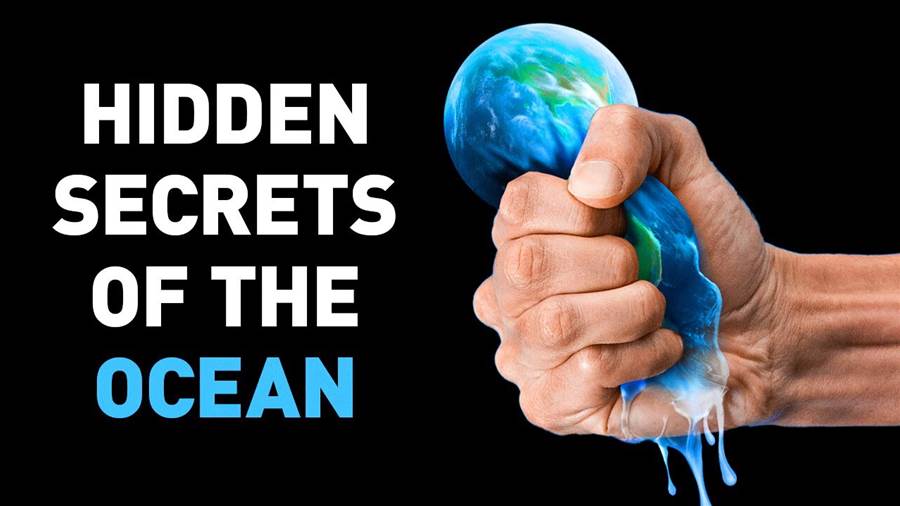
Drying up all the oceans on Earth would have catastrophic consequences for our planet. This is because our oceans play a crucial role in regulating the Earth's climate and supporting a vast array of ecosystems. The loss of our oceans would result in a myriad of disastrous effects.
First and foremost, the Earth's climate would be dramatically altered. Oceans act as a massive sink for carbon dioxide (CO2), absorbing vast amounts of this greenhouse gas. Without oceans, the levels of CO2 in the atmosphere would rise significantly, leading to a rapid increase in global temperatures and exacerbating climate change.

Additionally, the extinction of countless marine species would occur. Our oceans are home to an unparalleled diversity of life, ranging from microscopic organisms to massive whales. The disappearance of these ecosystems would disrupt the entire food chain, leading to the extinction of species that depend on the oceans for survival. This loss would have a ripple effect on land-dwelling organisms as well, as many rely on the oceans for food or other resources.
Moreover, the absence of oceans would drastically affect the water cycle. Oceans are the primary source of evaporation, which fuels rainfall. Without them, precipitation rates would decrease significantly, leading to widespread droughts and desertification. The impacts on agriculture, freshwater availability, and human settlements would be dire, leading to widespread famine, displacement, and social unrest.
In conclusion, drying up all the oceans on Earth would have catastrophic consequences for our planet. The loss of these vast bodies of water would result in intensified climate change, the extinction of marine species, disruption of the water cycle, and significant social and environmental disruptions. Preserving and protecting our oceans is crucial for the well-being and future of life on Earth.








